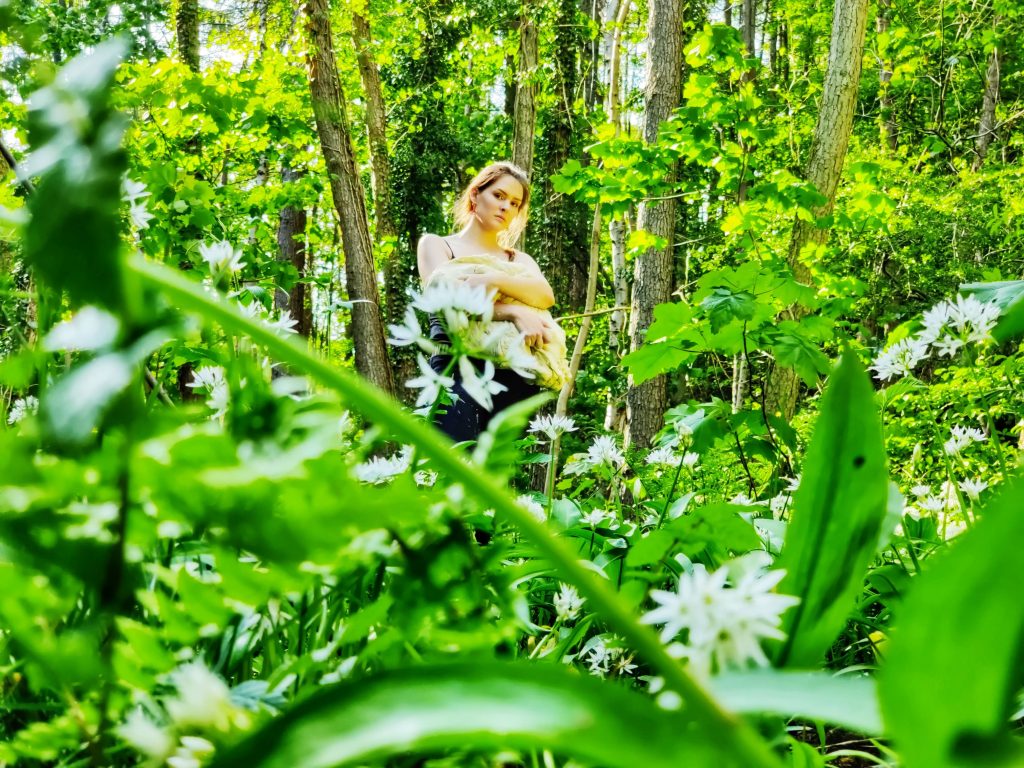
I was born in Bloemfontein, South Africa in 1996, but I lived in a small land-locked country called Lesotho from then until I was 14. Growing up, I had a nanny called Clem; she looked after me alongside my parents until we moved away when I was 5. When we moved the first time we were only gone for a total of a year and in that time, we went to Uganda, New Zealand, and England before my parents eventually moved us back to Lesotho. When we were back in Lesotho, we moved back into the same house, went to the same school, my parents got the same jobs back, and Clem was employed as mine and my brother’s nanny again. We then stayed in Lesotho until I was 14.
Growing up in Lesotho meant I grew up in a black community, I was the only white child in my school, and all my friends were black. I also spoke Sesotho, learned how to do traditional Basotho dances like Litolobonya and Mokhibo, learned how to cook Papa le Meroho and was taught about Basotho and South African history at school.
When I was 14, and my parents decided we were leaving Lesotho, I don’t think it ever occurred to them that they had raised me with a completely different culture to them. I had a second language they couldn’t speak because of my nanny Clem, and I knew nothing much about English culture and history other than we had roast dinners on a Sunday.
My identity has always been something that confuses me and something that I want to explore because as Kate Mayberry puts it, I’m, ‘constantly in transition’ (Mayberry, 2016) trying to hold on to parts of my identity while shaping new aspects of my life which is difficult because my life ‘grows out of the roots planted in and watered by the third culture experience.’ (Pollock, 2017)